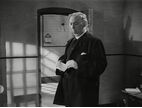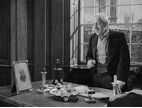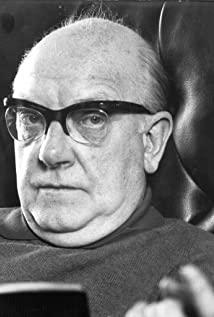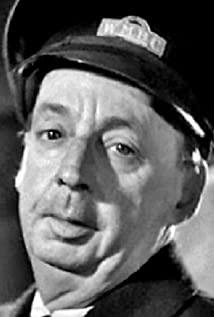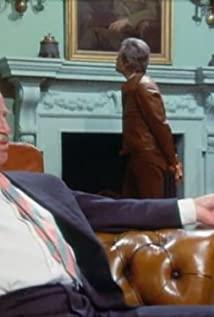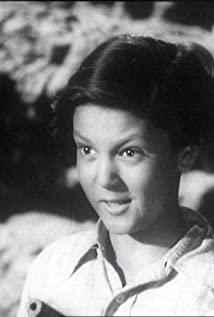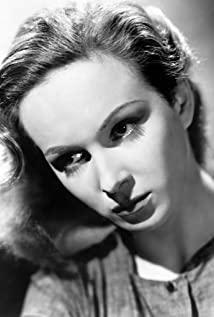As far as a sociopath goes, Louis D'Ascoyne Mazzini (Price), the 10th Duke of Chalfont, is not entirely a disagreeable person, although, you might not want to be associated with him at all events, hisous intent is motivated by accountable vengeance, and he simply wants what is his birthright, only the rub is, there are precisely eight prior dukedom candidates still breathe the same air like him, with which he is bent on doing away.
This Ealing studio's Edwardian dark comedy is most renowned for the gimmick that Sir Alec Guinness plays all the 8 toffs bearing the D'Ascoyne names (ranging from fop, banker, clergyman, admiral to a suffragist dame) who would one by one, obliviously or not, all too facilely reduce to Louis' victims, though some of the characters are rather sketchy, Guinness is distinctly pleasurable in donning different garbs, accoutrements and cosmetics, braving his characters' repetitive pending perdition, again and again, without batting an eyelid.
But the backbone of this morbid affair is irrefutably rooted in Louis, and Price acquits himself superbly with an impeccable layer of politesse, even if when it comes to blows, yet, wearing his heart tangibly on his sleeve, every cunning pensée, every flickering of trepidation or concealed elation, is registered in perfect modicum, and his cool, calm and collected guise is almost too delectable and very nearly, blots out the repugnant aftertaste of the death-dealing practices his Louis perpetrates with cold-blooded precision and aloofness (if not at all practical or plausible).
While the overall performance from the cast defers rigorously to the deadpan seriousness borne out of unalloyed British dignity, which is tonally apposite for a comedy with a darker spine, its pungent irony thrusts deeper into the frothy surface, as we are all led to believe that Louis, who is introduced in the beginning as an inmate on the death row, gets his comeuppance for his dastardly acts, the reveal is that he is indeed wrongfully sentenced for a crime he didn't actually commit (by his peers in the House of Lords, no less), and moreover, he can get away with that in the eleventh hour if he connives to exact another dispatch which transmutes his solitary derring-do to a folie à deux with his mistress Sibella (a throaty Greenwood is not mincing words to be a faux-naif but with a lethal difference),who outfoxes him for her own social-climbing scheme, they make an adorable pair!
Finally, waffling between his demure wife Edith (a high-toned Hobson) and Sibella, Louis suddenly apprehends that his seemingly brighter future is hanging by a thread as the confessional memoir he minutely composes has been mislaid in the prison cell, and open to anyone who might discover it. This cunningly ambiguous coda is delivered as a timely curveball to a satirical sophistication making the most of the contrast between the prim and proper demeanor and the vile and egocentric ego, a deathless treat for those who consider murder quite a laughing matter in the medium of fiction.
referential entries: Henry Cornelius' GENEVIEVE (1953, 6.9/10); Alexander Mackendrick's THE LADYKILLERS (1955, 7.7/10).
View more about Kind Hearts and Coronets reviews




